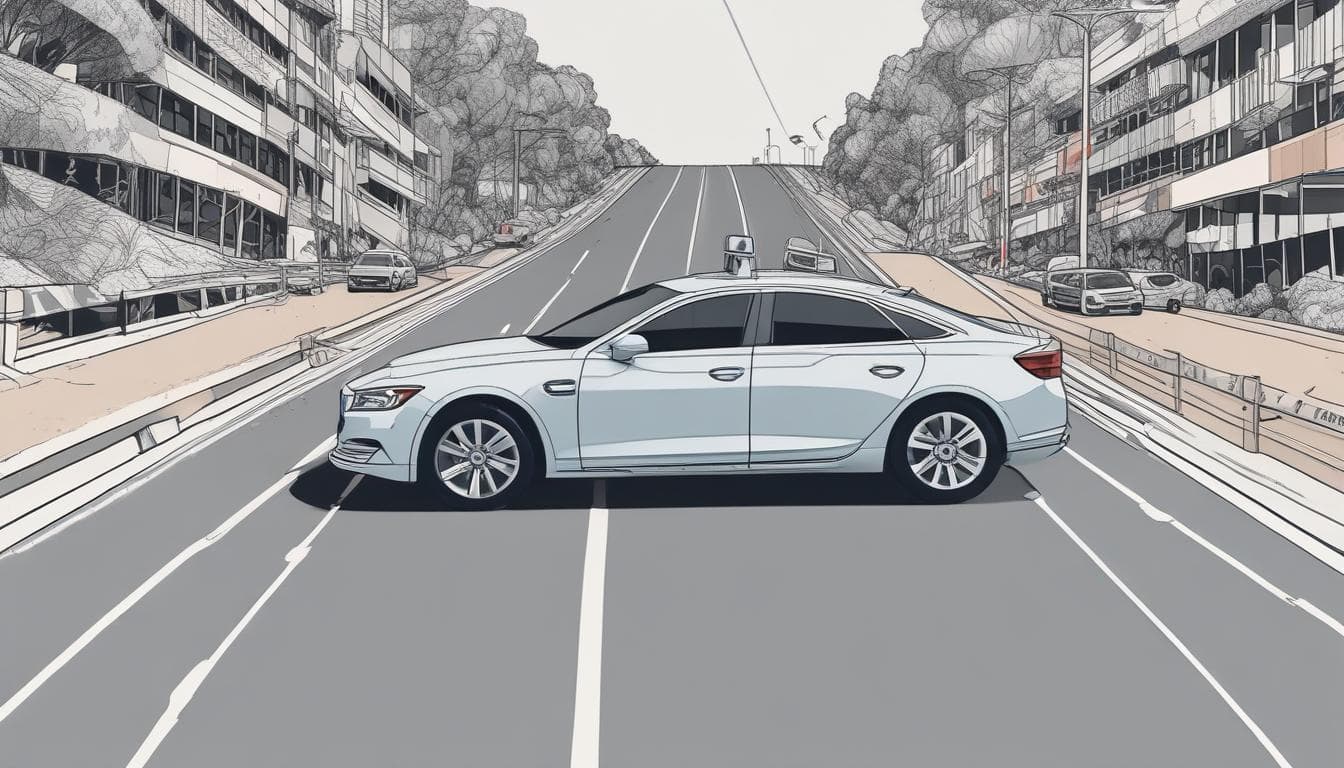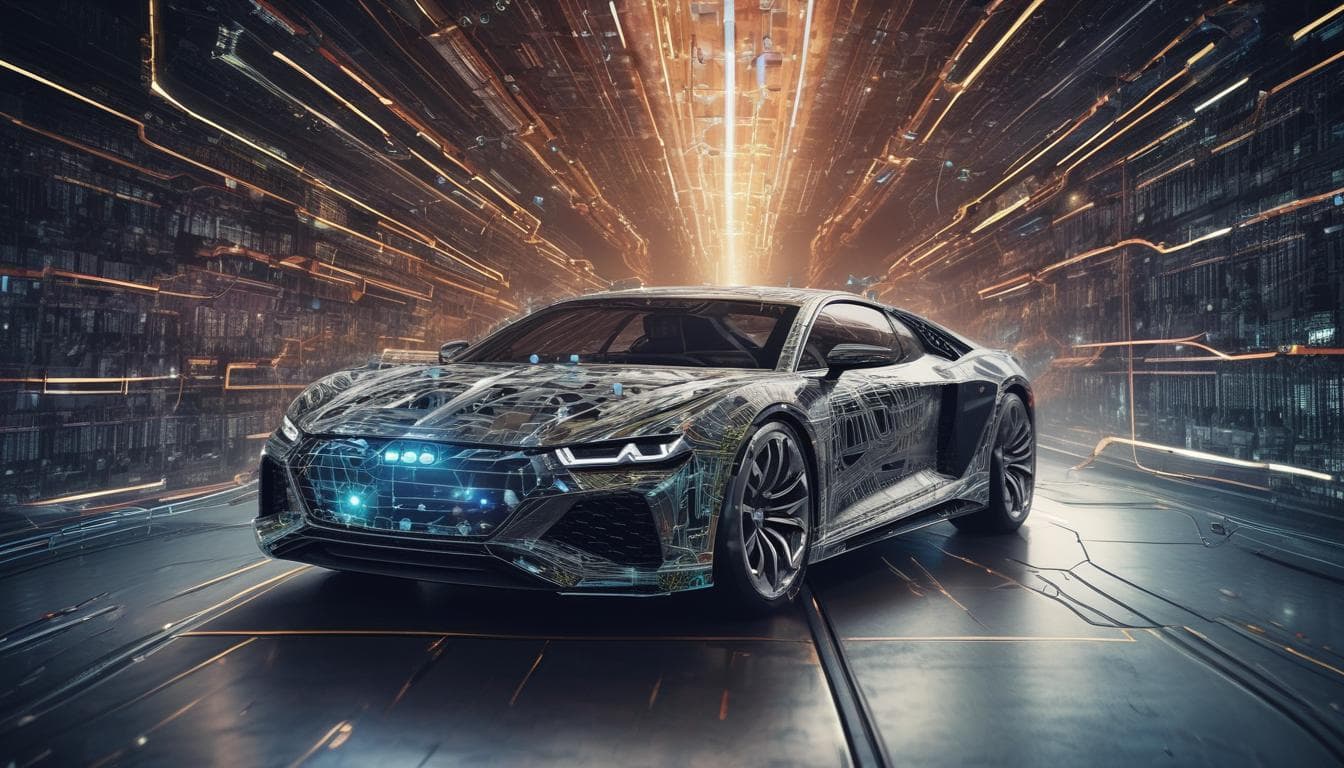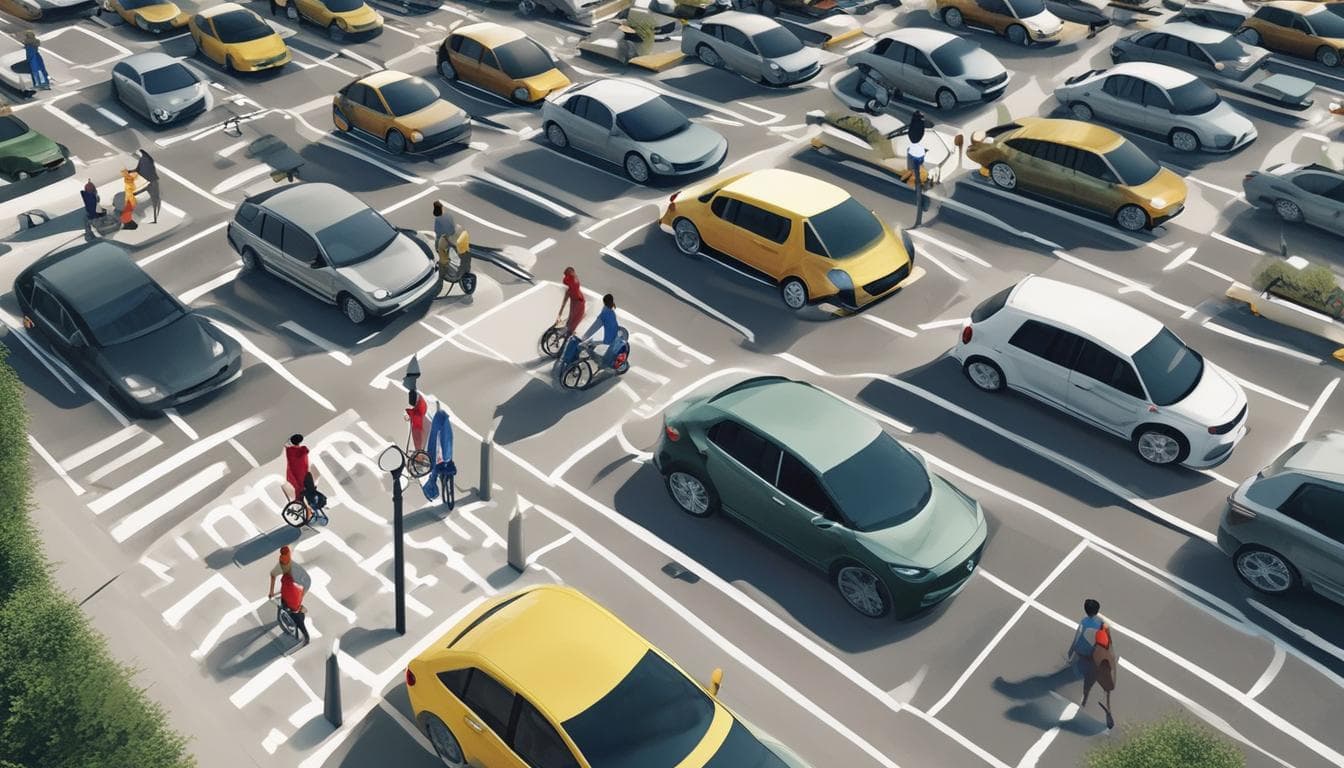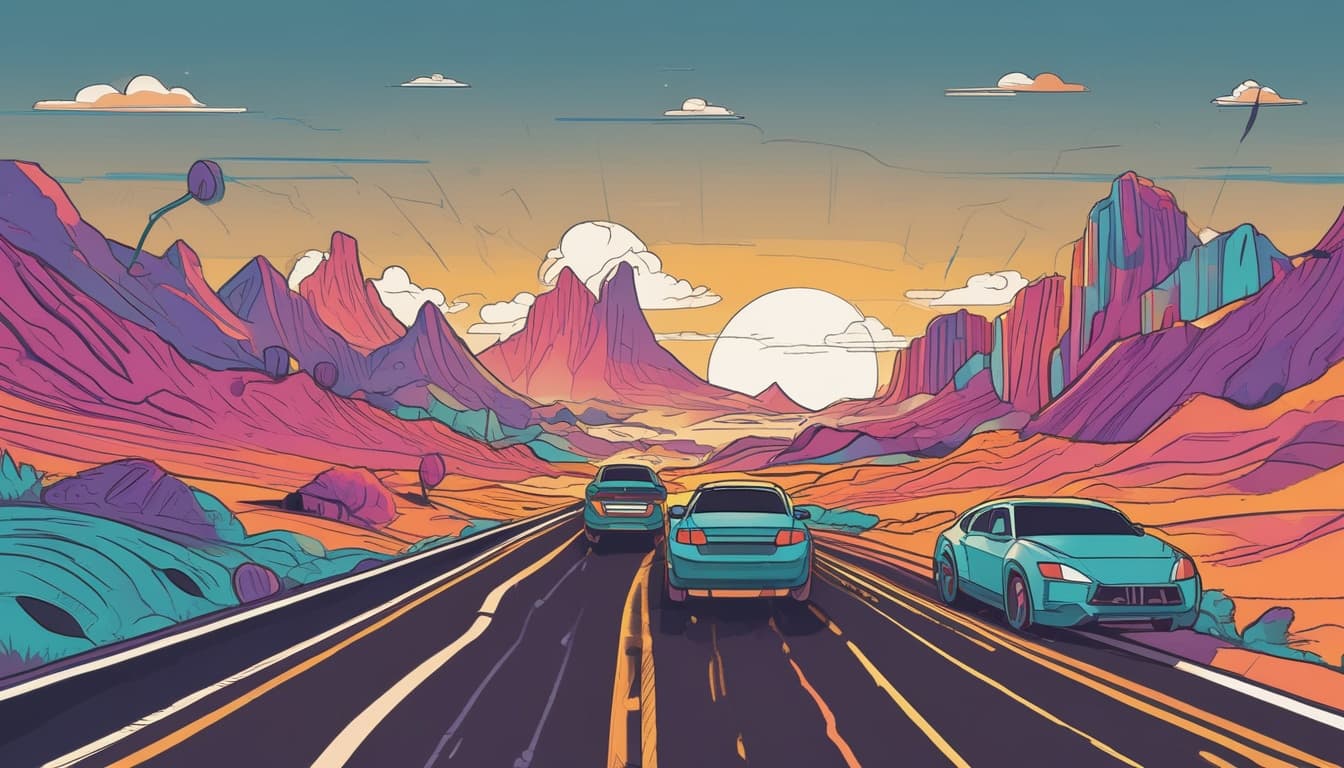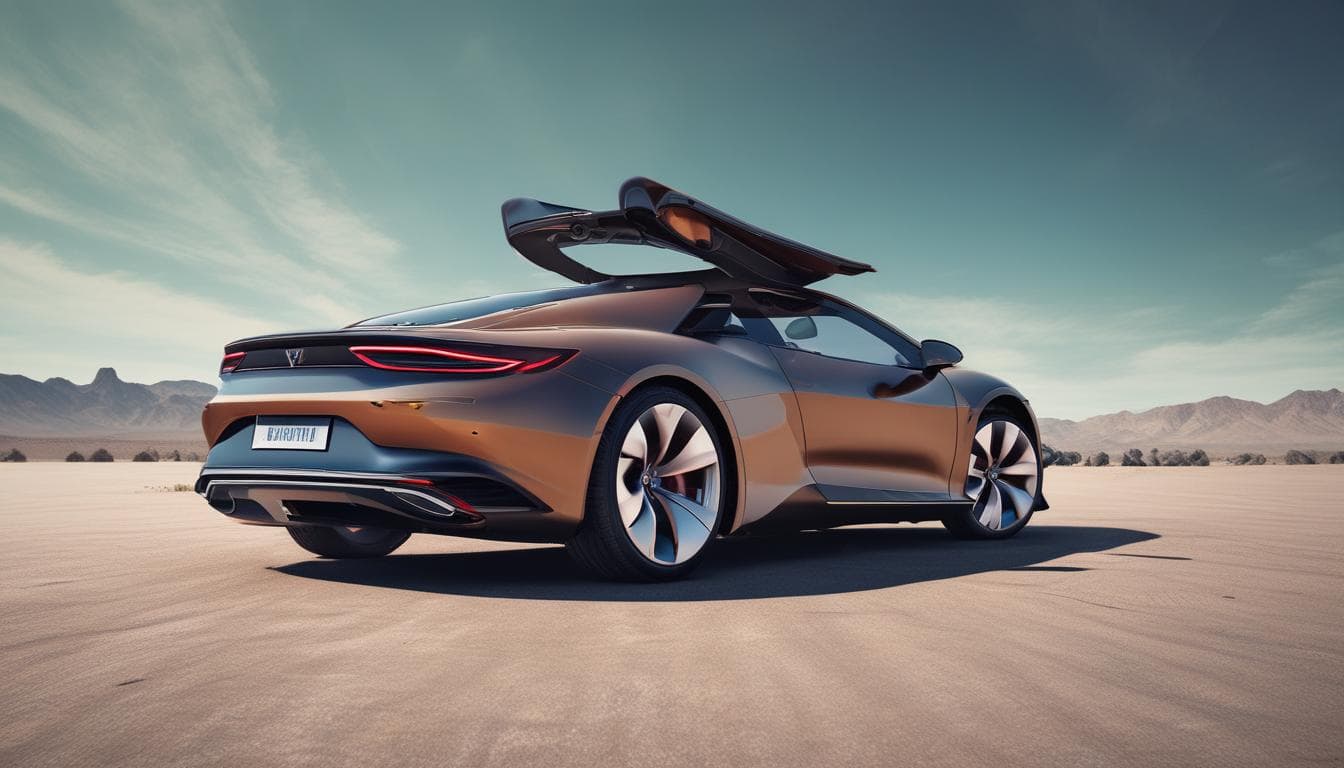With the automotive industry rapidly embracing software-defined vehicles and AI-driven features, the lifespan of a car might drastically change. Instead of traditional longevity, will future vehicles be designed for shorter, smartphone-like lifecycles, encouraging frequent upgrades and disposability? Or will there be a significant shift towards hyper-modular designs, emphasizing repairability, component upgradability, and a circular economy approach to combat planned obsolescence and promote sustainability? How do you think manufacturers, regulatory bodies, and consumer demand will influence this critical balance between innovation and durability?
The evolving landscape of automotive technology suggests a fascinating dichotomy between rapid software-driven updates and the push for sustainable, repairable designs. On one hand, the shift towards software-defined vehicles powered by AI features could indeed promote shorter lifecycle paradigms, akin to smartphones, where frequent upgrades become standard. This approach can accelerate innovation but raises concerns about environmental impact and long-term cost of ownership.
Conversely, there's a growing movement advocating for hyper-modular architectures that prioritize repairability and component upgradability, aligning with the principles of a circular economy to reduce waste and planned obsolescence. This could entail designing vehicles with easily replaceable parts, software updates that extend hardware life, and systems that encourage longevity. Regulatory bodies and consumer demand will play pivotal roles here—regulations promoting durability and recycling, coupled with consumer preferences for sustainability, are likely to steer manufacturers toward more balanced, enduring solutions.
Furthermore, innovation in areas like the digital twin revolution could facilitate predictive maintenance and lifecycle management, supporting longevity even in highly integrated systems. Ultimately, the future may involve a hybrid model where core hardware remains durable and upgradeable, while software and features evolve rapidly, providing both innovation and sustainability.
探索更多相关内容
加入讨论
- 未来汽车:移动的个人艺术馆——探索驾驶体验的艺术升华
探讨未来汽车如何融合数字艺术、氛围灯光、互动体验等,成为“移动的个人艺术馆”。分享您对个性化“移动艺术空间”的创意,以及这种结合对汽车设计、文化和出行方式的深远影响。这是否预示着一个将驾驶体验提升至艺术欣赏层面的全新汽车时代的到来?
- 未来十年,汽车能否成为真正的“移动之家”?
探讨未来十年汽车发展趋势,除了自动驾驶和电动化,还有哪些科技进步能让汽车成为更舒适、智能和娱乐的移动空间?如何改变我们的出行和生活?
- 未来十年,汽车将如何变革为“移动智能终端”?
探讨未来十年汽车行业的发展趋势,聚焦自动驾驶、电动化和人工智能技术对车内体验的重塑,例如个性化娱乐、智能助手和虚拟现实交互等。分析哪些AI技术最具潜力,以及这些技术带来的挑战和机遇。
